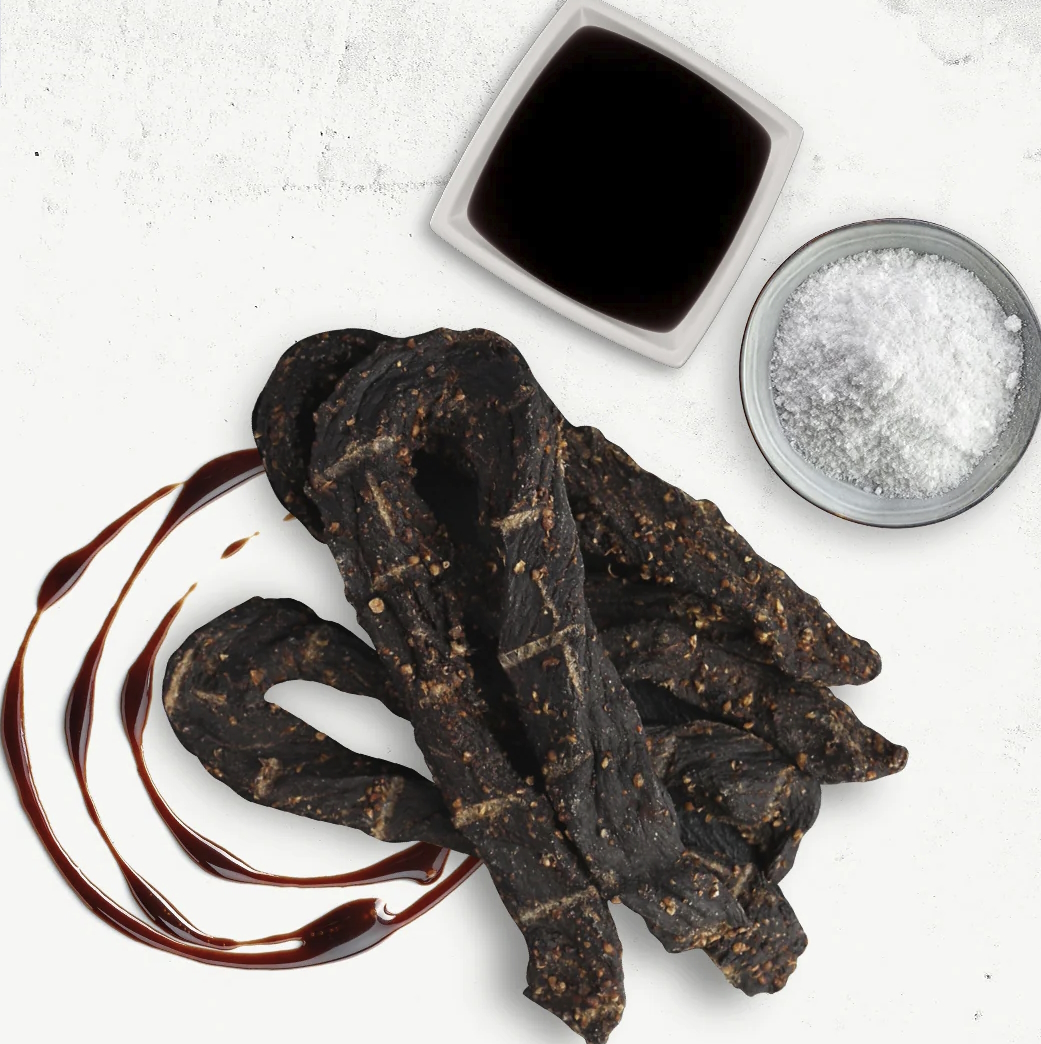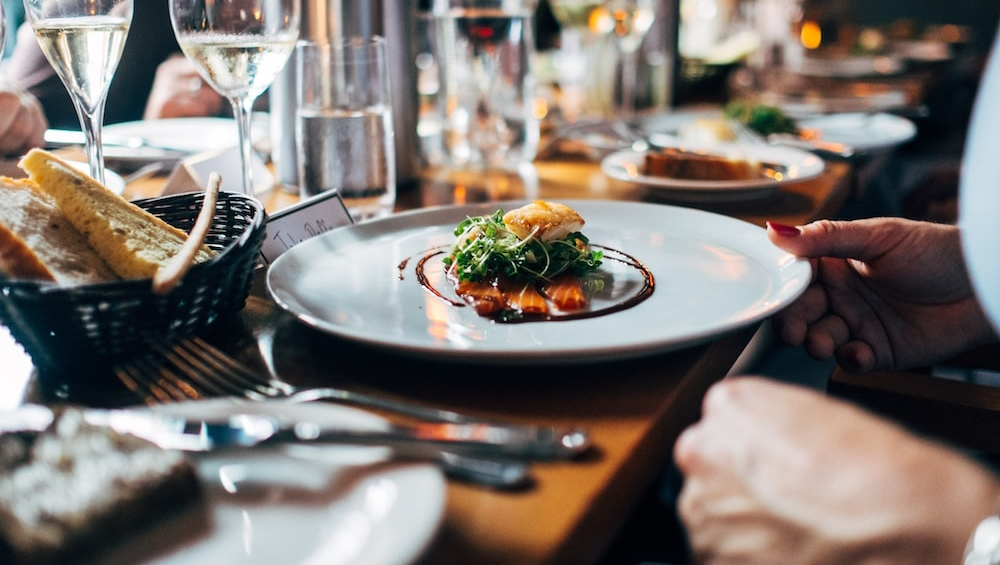Homemade Beef Jerky: The Ultimate Guide to Beef Jerky

Although you may not yet realise it, this is the guidance you've been looking for. Consider this the central location for all information on creating homemade beef jerky. Why? Because you are capable. Beef jerky has been around for more than 500 years, and even now, when we can have any snack or delicacy, even delicious beef jerky sticks are a terrific, flavorful meat snack to take with you on your next long summer drive. However, you can be confident that beef jerky still reigns supreme. Knowing how to make homemade beef jerky properly will take this fantastic, traditional delicacy to a new level of health, satisfaction, and personalisation. We will discuss the following:
The Best Kitchenware for Making Beef Jerky
The equipment needed to produce homemade beef jerky is listed below:
A Sharp Knife
You need a sharp knife to cut beef or any other kind of meat quickly and precisely. Since the cut will evaluate how to divide the food and how easy it is to work, you should use a sharp knife you know, trust, and are comfortable with. Also, this isn't a brand-new buy since every household has a reliable, sharp knife you adore.
Tenderiser for Meat
Even if you have a beautiful knife that you cherish, you should tenderise the beef first. It softens it somewhat and makes it more flexible, allowing you to move it about and cut it easily. It facilitates portioning and comfort in removing meat from the fat, etc.
Metal Racks
Happily, you can find them in almost every kitchen with an oven. Anything you like might be these metal racks. Be careful if you get some with elevated feet. It makes it easier for extra sauces and spices to flow off the beef without making a sticky mess. Be sure it can be used in an oven since you'll use it when you dry the beef.
A Smoker
These aid in giving your jerky a smokey flavour. If you're creating unevenness at home for the first time, you could overlook this stage considering traditional jerky was smoked, and many commercial choices employ it. You'll adore how much others around you admire it since this gives it a natural taste that many people miss.
Dehydrator
Dehydrators are better than ovens for drying meat. First, it dehydrates rather than "drys out." Dehydrators gently dry beef. Ovens use traditional heat more creatively. Many people have dehydrators if they make snack mixes, tea, etc.
Jerky Gun
A jerky gun will be a terrific item to employ if you've decided to go with ground beef. Your beef will be cut into consistent pieces, and cleanup will be more straightforward. It is just for individuals who use ground beef, and it's helpful since it might be challenging to condense the flesh into strips with a constant ground texture.
Rolling Pin
Jerky made from ground beef is another alternative. This is optional if you've used different meat. A rolling pin cuts beef thinly. It assists with portioning, drying, cooking, and serving. It also increases the value of beef. It's optional, but it's worth considering. Any rolling pin works!
How to Choose the Best Cut of Meat
Now that you're acquainted with the equipment you'll need, both necessary and optional, you'll want to be sure you're starting from the appropriate spot in terms of the beef itself! There are several types of slices of beef from which to pick (flank, top round, etc.).
Naturally, the kind of beef and its cut will depend on personal tastes, but you must also pay attention to jerky-specific features! These variables involve, among others, taste and softness. Here's all you need to know!
The Best Way to Slice Meat for Jerky
The ideal option is a top round if utilising lean meat is your primary objective while producing nutritious beef jerky. Flank steaks and bottom rounds are good choices if you want other kinds of lean beef. These are the best choices if you want lean meat, but you'll have to give up flavour and tenderness.
The Best Cut in Terms of Taste
A flank steak is the best option if your taste is most important. Even though it will be pricey, this is a popular choice for a good reason. The taste will be complete and accurate, and it will be costly. Lifter meat and a steak tip are two other choices that are a little less expensive.
The Best Tenderness Cut
Most people agree that the observer of the round is a good choice when tenderness is the most important thing. The other options will be based on taste, how lean or fatty the meat is, etc. When it comes to beef alternatives, the eye of round is your best bet for tenderness. It also performs well in terms of flavour and leanness, though not as well as the other options.
Is Creating Your Own Jerky Less Expensive?
When you make homemade beef jerky, you can choose the kind of meat and spices that go into it. So, you can find cheaper trims of beef and use seasonings you already have at home.
If you've never made jerky at home before, you can find a good recipe online. But it can be hit or miss when trying to get your jerky's taste, texture, thickness, and amount of moisture. You may purchase a lean cut that is too old or dry, or you may burn sliced beef on the oven rack since it was sliced too thinly. Also, you need to keep a tight check on the temperature, and the amount of time your sliced meat is allowed to be cooked or smoked.
Hence, although you may be able to save money on the cost of supplies and labour, you may wind up with a disappointing final result. Choose air-dried meats instead of attempting to give your pet a piece of burned flesh. Utilising only 100 per cent Australian ingredients, marinate the meats for 24 hours to provide an incomparable flavour. Thus, if you're trying homemade beef jerky, we defy you to replicate the lasting taste of the meaty nibbles.
Creating beef jerky at home allows you to choose the meat and flavours that go into this snack. Go ahead and experiment with making homemade beef jerky! You may even create a dish to rival these delectable meat delicacies.





